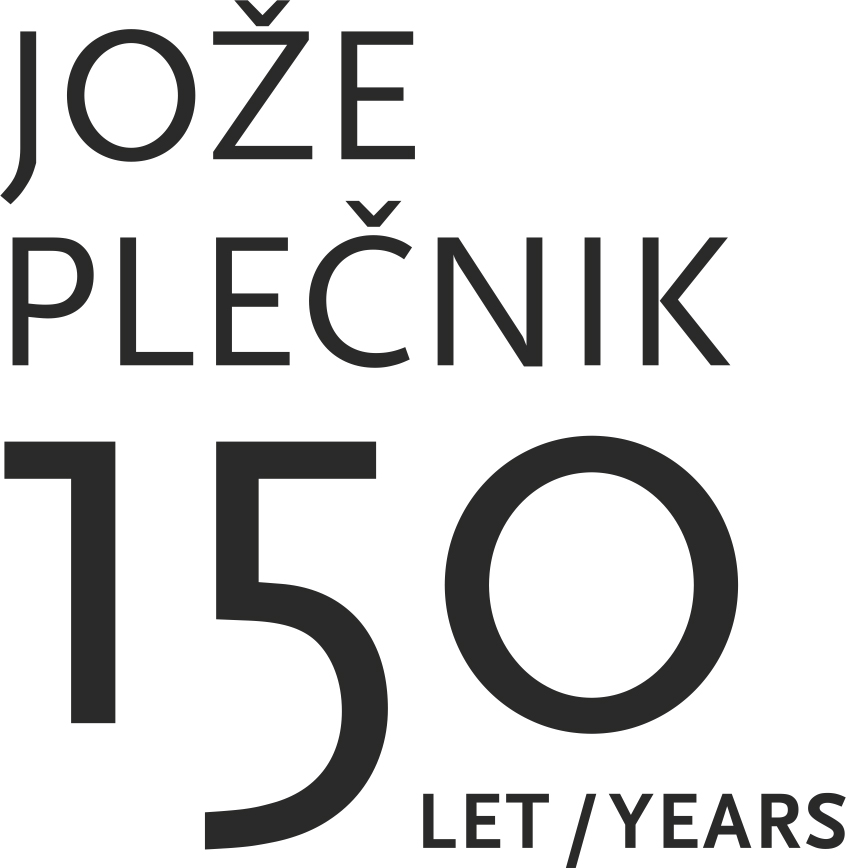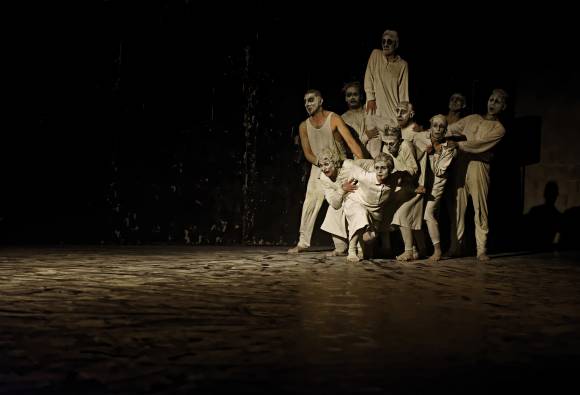
Plečnik's Ljubljana in Old Photographs
Photography exhibition
In cooperation with the Museum of Architecture and Design (MAO)
After the dissolution of the Austro-Hungarian Empire, Ljubljana became part of the new state of the Kingdom of Serbs, Croats and Slovenes, later renamed the Kingdom of Yugoslavia. During the short-lived kingdom, Ljubljana enjoyed one of its most important and prolific architectural peaks. With his numerous interventions, architect Jože Plečnik (1872–1957) transformed the city into a symbolic national capital. Plečnik rejected modernist approaches and rebuild the city following his own vision.
In the process of Ljubljana’s overhaul, Plečnik contextualized the existing space, taking into account the different levels of the city, its natural, architectural, historical and immaterial qualities, and streamlined it into a series of public spaces (squares, parks, streets, promenades, bridges) and buildings (library, churches, markets, funeral home complex).
Thus emerged Plečnik's Ljubljana, a phenomenon of twentieth-century urban landscape inscribed on the UNESCO World Heritage List. In response to the new architectural trends, Ljubljana’s modernist architecture took shape concurrently.
It was designed by Plečnik's contemporaries, most notably Josip Costaperaria and Vladimir Šubic, as well as Plečnik’s students (France Tomažič, Edvard Ravnikar and others). In the year that marks the 150th anniversary of the birth of Jože Plečnik, the photography exhibition seeks to thematize the metamorphoses of the city.
Plečnik's Ljubljana in Old Photographs
Admission free





